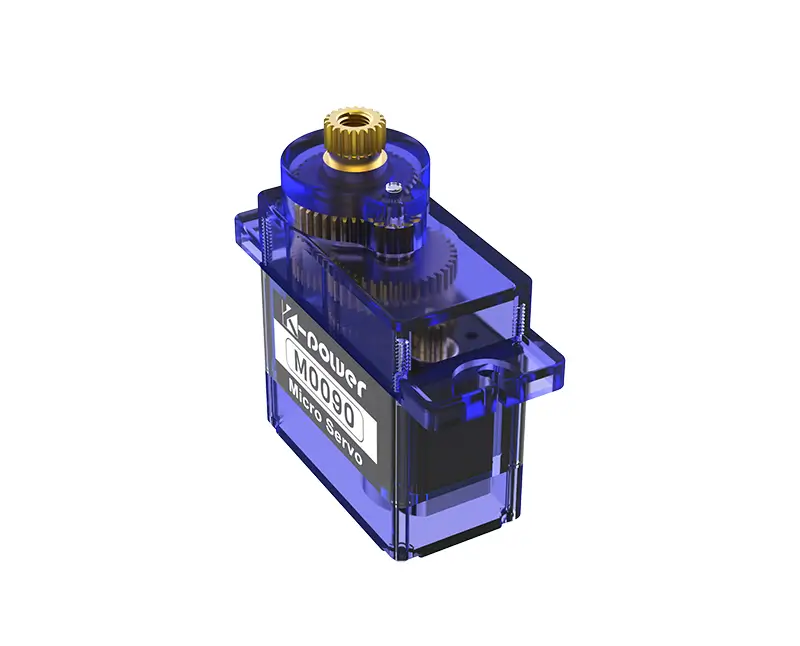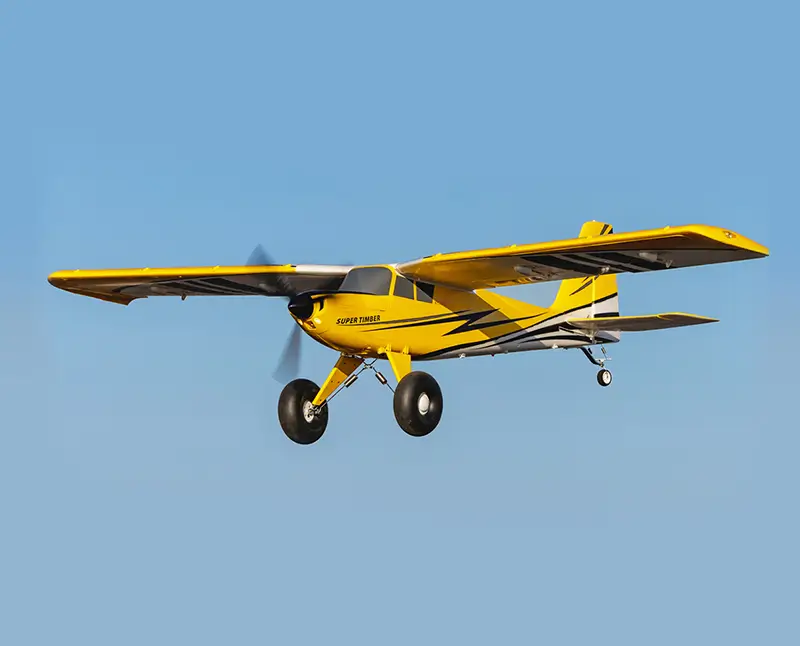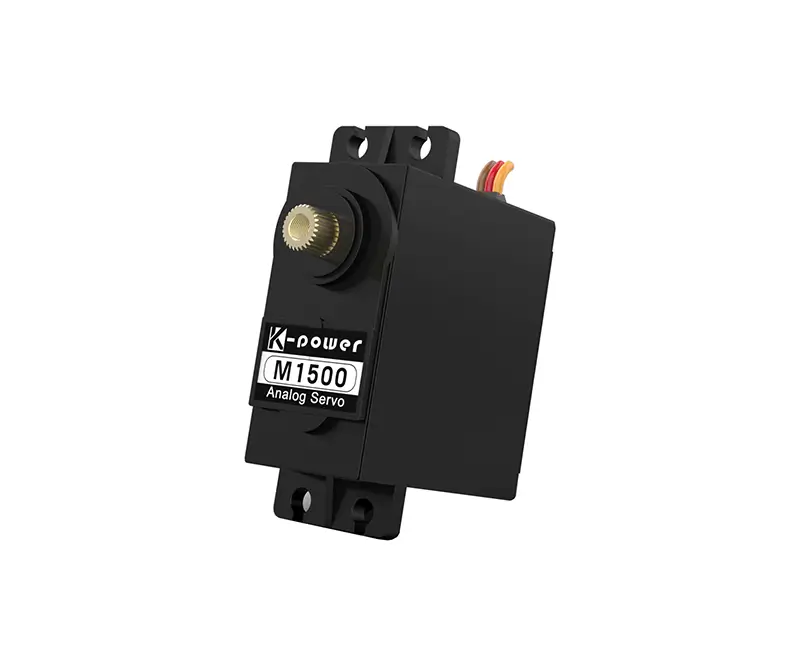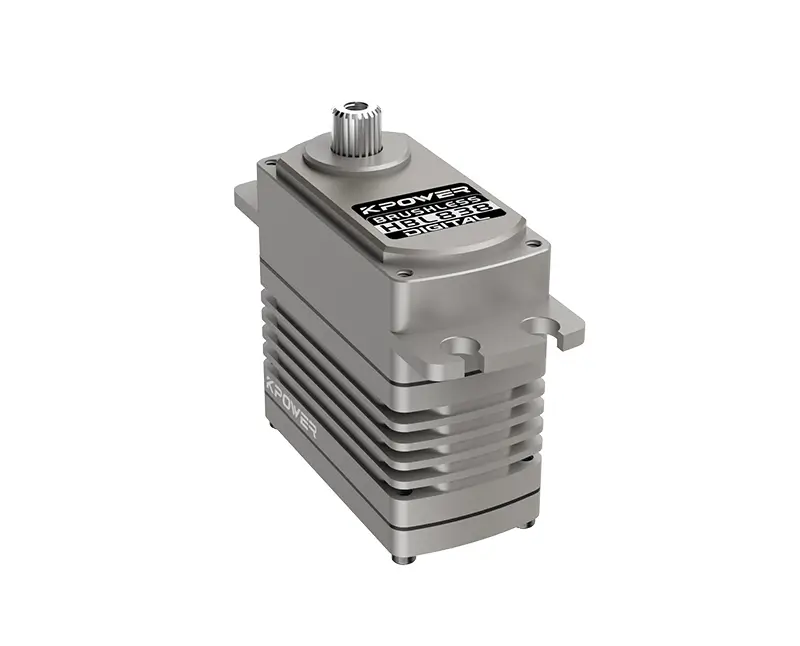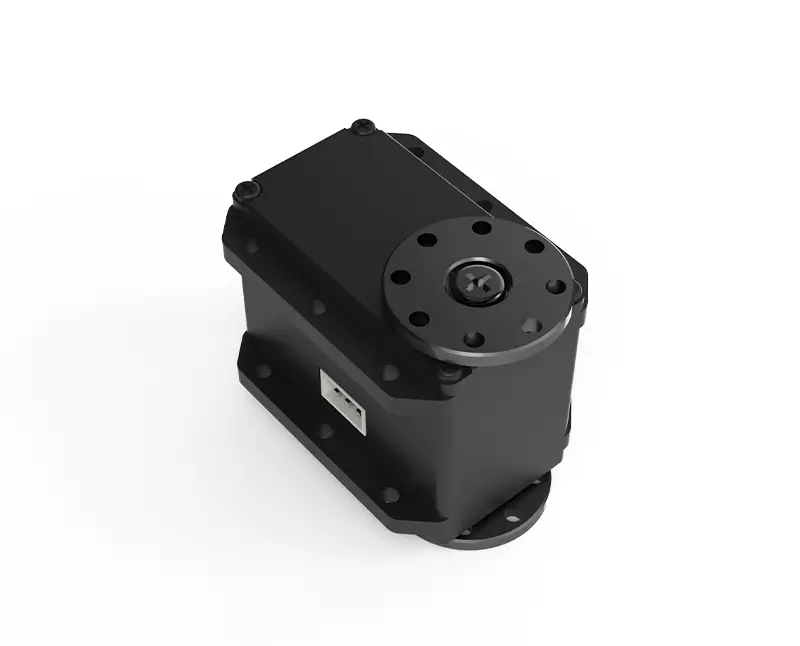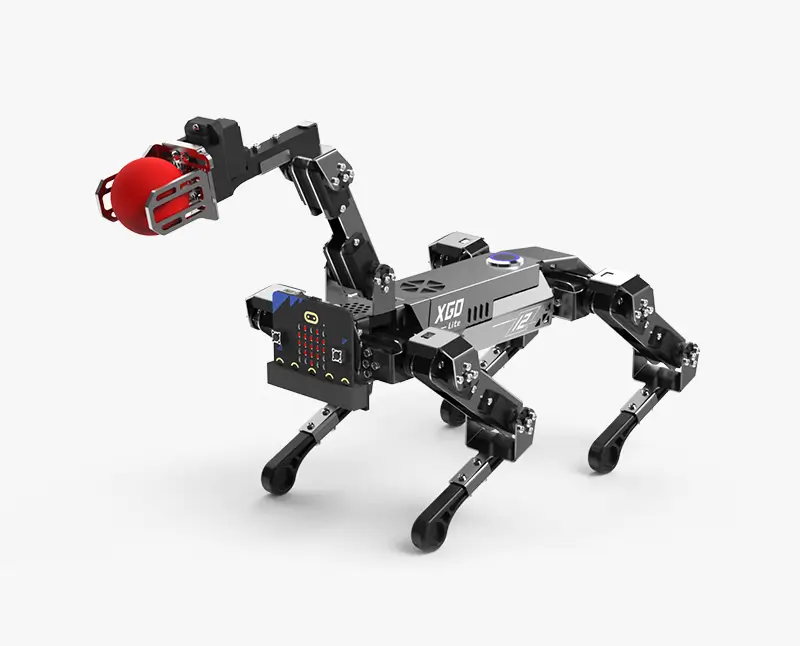The Unsung Hero of Miniature Motion
In a cluttered garage workshop, a college student named Priya solders the final wire to a palm-sized robot. She powers it on, and the machine springs to life—its head tilts, arms wave, and it even does a jittery dance. The secret behind its lively movements? Two tiny components no larger than a sugar cube: the Micro Servo 9G DF9GMS.
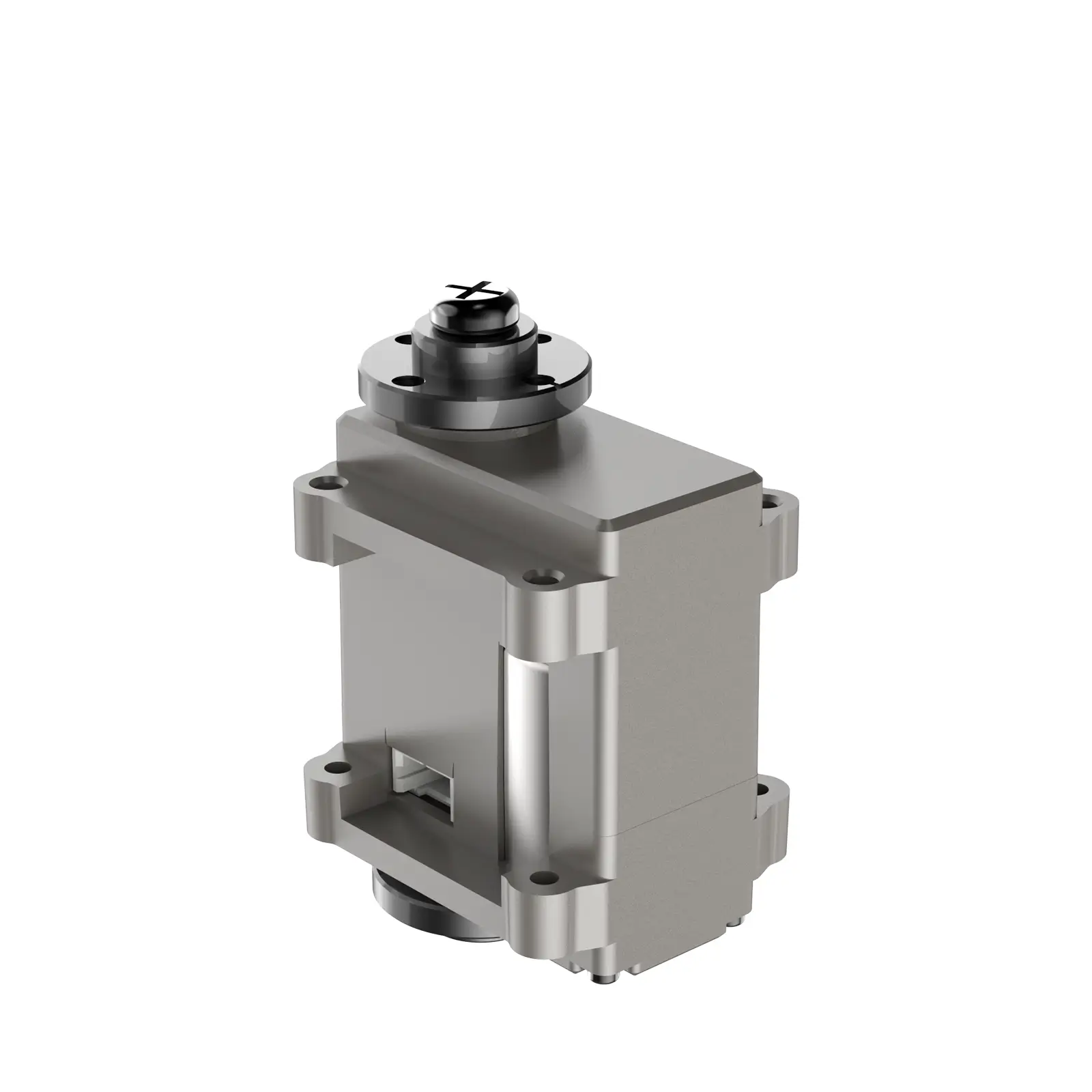
This unassuming device, weighing just 9 grams, is a marvel of engineering. With a torque of 1.8 kg/cm and a 180-degree rotation range, it’s the muscle behind countless DIY projects, from animatronic Halloween decorations to precision-guided drone cameras. But what makes the DF9GMS a favorite among hobbyists and engineers alike? Let’s crack open the story.
Small Size, Big Ambitions
The DF9GMS thrives in spaces where bulkier servos fear to tread. Its dimensions (22 x 12 x 29 mm) make it ideal for projects where every millimeter counts. Imagine a drone needing to adjust a camera lens mid-flight or a robotic insect mimicking the delicate flutter of a beetle’s wings—this servo delivers motion without monopolizing real estate.
But don’t let its size fool you. With a operating speed of 0.12 seconds/60 degrees, it’s quick enough for responsive applications. RC car enthusiasts swear by its ability to handle sudden steering adjustments, while robotics students praise its reliability in competition bots that face punishing obstacle courses.
The Hobbyist’s Playground
Take a scroll through maker forums, and you’ll find the DF9GMS at the heart of endless creativity:
Homebrew Animations: A filmmaker rigs a servo to puppeteer a miniature dragon’s wings for a stop-motion short. Smart Home Hacks: A coder pairs the servo with a Raspberry Pi to automate cat feeders, window openers, and even a self-watering plant system. EdTech Tools: Teachers use it in STEM kits to demonstrate gear mechanics and programmable logic.
What’s striking is how accessible it is. Priced under $10, the DF9GMS democratizes innovation. You don’t need a lab or a fat budget—just curiosity and a soldering iron.
Under the Hood: Why Engineers Nod in Approval
Peek inside the servo, and you’ll find a DC motor, potentiometer, and control board working in harmony. The potentiometer acts as the servo’s “eyes,” constantly checking the motor’s position and relaying feedback to the control circuit. This closed-loop system ensures precision, whether it’s holding a drone’s camera steady in high winds or adjusting the angle of a solar panel to track sunlight.
Durability is another win. The nylon gears strike a balance between strength and weight, handling repetitive motions without grinding down. One Reddit user recounted a DF9GMS-powered robot arm that survived a semester of overenthusiastic engineering students—proof that “micro” doesn’t mean “fragile.”
The Limits of Being Little
Of course, the DF9GMS isn’t perfect. Its plastic gears can strip under excessive load, and it lacks the raw power of larger servos. But as maker communities often say: “Know your servo’s love language.” Pair it with a 3D-printed gear reduction system, or use it in low-torque scenarios, and it’ll shine.
Beyond the Bench—Real-World Magic
While tinkerers adore the DF9GMS, its impact stretches far beyond hobby desks. In industries where lightweight automation is key, this servo is a quiet disruptor.
Case Study: The Robotic Arm That Could
In 2022, a startup named NanoGrip developed a surgical tool for delicate procedures. Traditional robotic arms were too bulky for micro-incisions, so engineers turned to the DF9GMS. Its precise 180-degree movement allowed surgeons to control tools with sub-millimeter accuracy. The result? A prototype that reduced procedure times by 30% in early trials.
RC Revolution: Speed Meets Finesse
In competitive RC racing, every gram affects speed. The DF9GMS has become a staple for steering systems in 1/18 scale cars, where agility trumps brute force. Racers mod the servo with custom firmware to tweak its response time, creating vehicles that corner like they’re on rails. “It’s like the servo reads my mind,” says champion racer Diego Martinez. “I can cut turns tighter than anyone else.”
Art Meets Engineering
Artist Lila Chen used 40 DF9GMS units in her installation Mechanical Bloom, where hundreds of foil petals open and close in response to audience movement. “I needed something small, quiet, and reliable,” she explains. “These servos became the heartbeat of the piece.”
The DIY Ethos: Fix, Hack, Repeat
A key reason for the DF9GMS’s cult status is its repairability. Unlike sealed servos, it’s designed for easy disassembly. YouTube tutorials on gear replacement or water-proofing (using nail polish on the circuit board!) have millions of views. One maker even converted a dead DF9GMS into a Bluetooth-controlled desk toy. “Failures are just opportunities in disguise,” they quipped.
The Future of Micro Motion
As IoT and wearable tech grow, demand for compact actuators will skyrocket. Researchers are already experimenting with DF9GMS arrays in exoskeletons for patients with limited mobility. Meanwhile, drone companies eye it for swarms of micro-delivery bots.
But perhaps its greatest legacy is inspiring the next generation. When a 12-year-old builds their first robot with a DF9GMS, they’re not just learning engineering—they’re learning that big ideas can start small.
Final Thought: The Servo That Started a Movement
The DF9GMS isn’t just a component; it’s a catalyst. It reminds us that innovation isn’t about having the most resources, but the most resourcefulness. Whether you’re a pro engineer or a weekend tinkerer, this tiny servo whispers the same challenge: What will you make today?
This two-part dive into the DF9GMS celebrates its role as an enabler of creativity. From garages to operating rooms, it proves that sometimes, the smallest tools leave the largest impact.



































